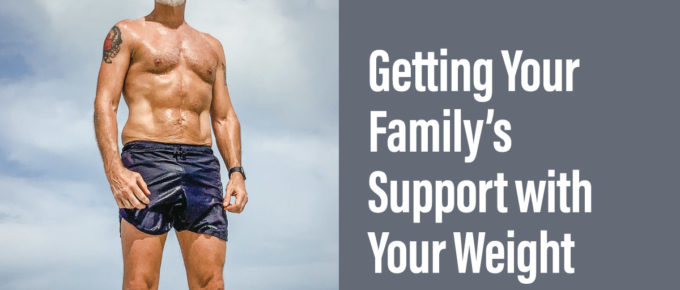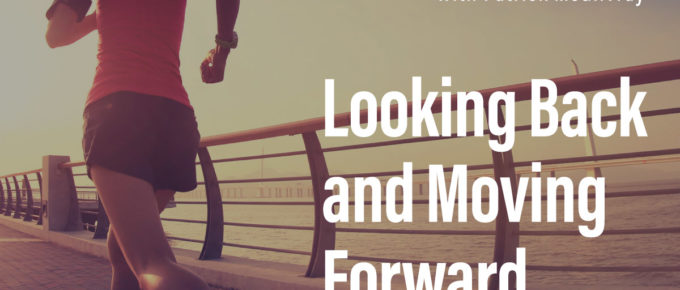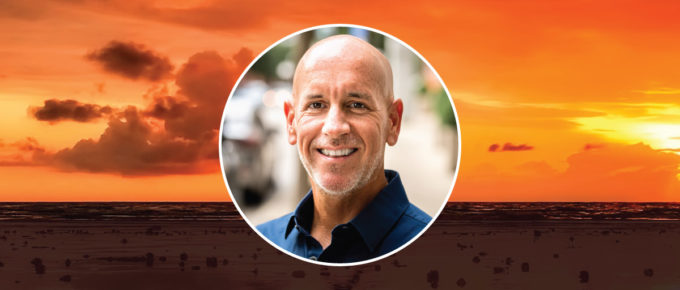One of the hardest things about losing weight is feeling like no one is supporting you in your weight loss journey. Not only do you feel a lack of support, but you feel like the people closest to …
Continue Reading about 95. Getting Your Family’s Support with Your Weight Loss Plan →






